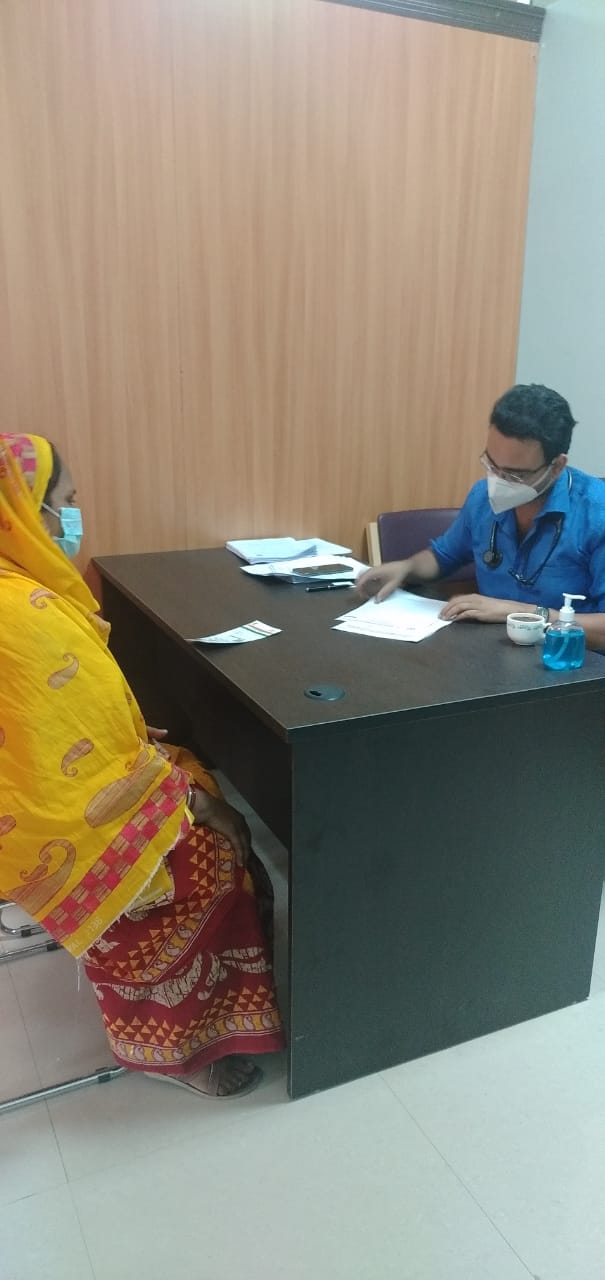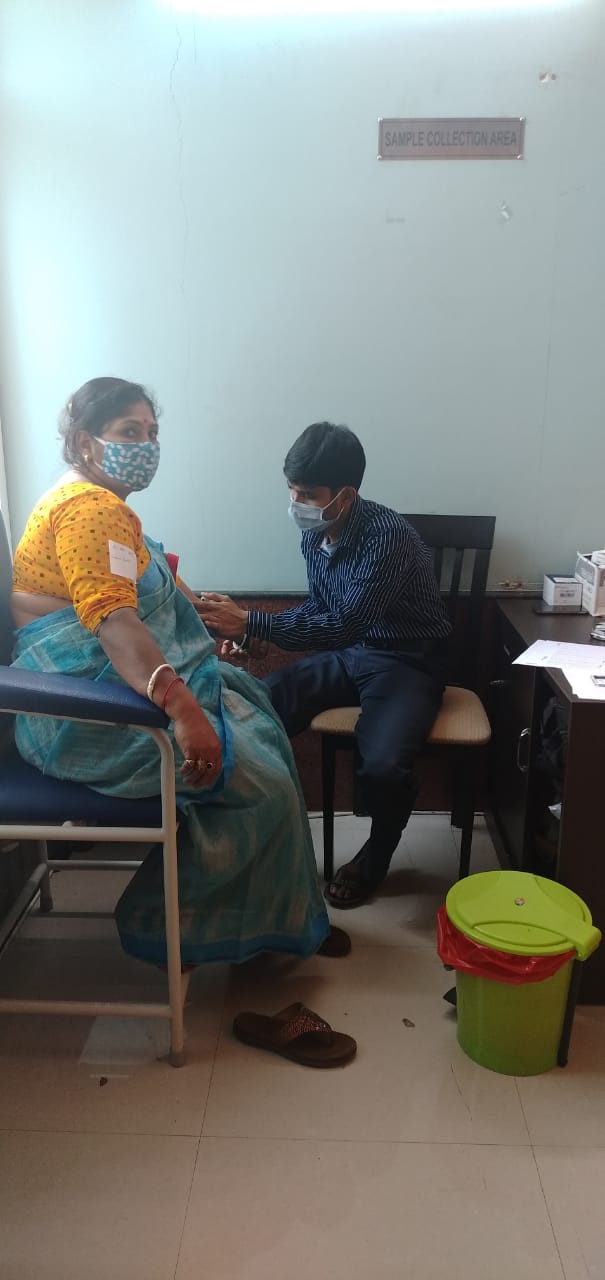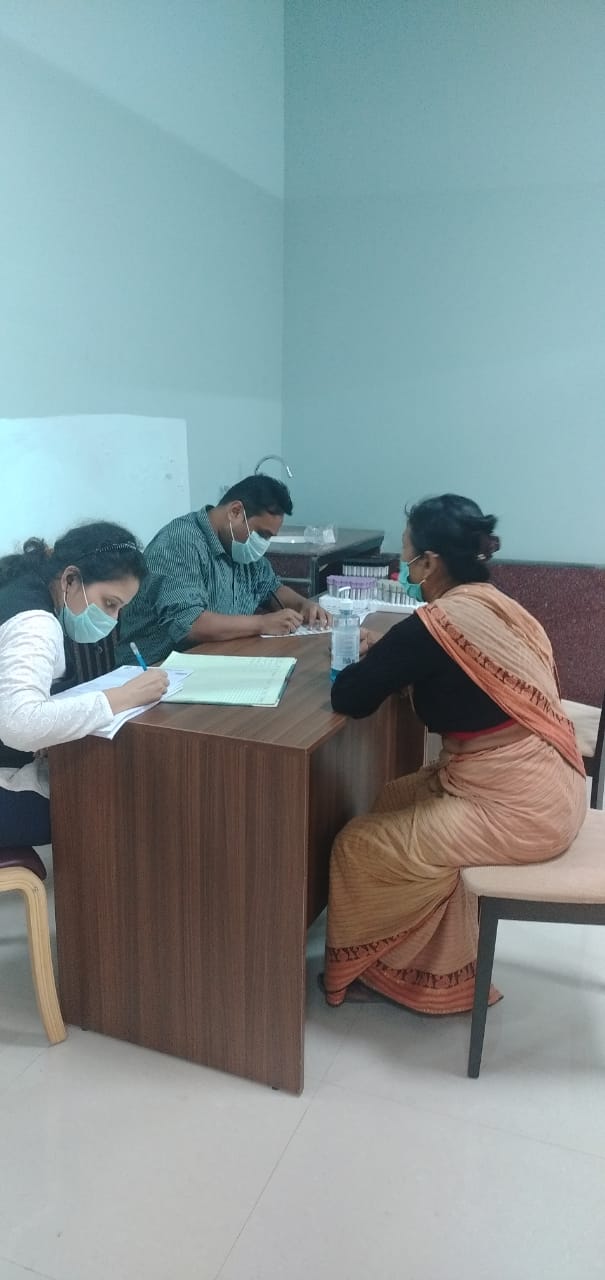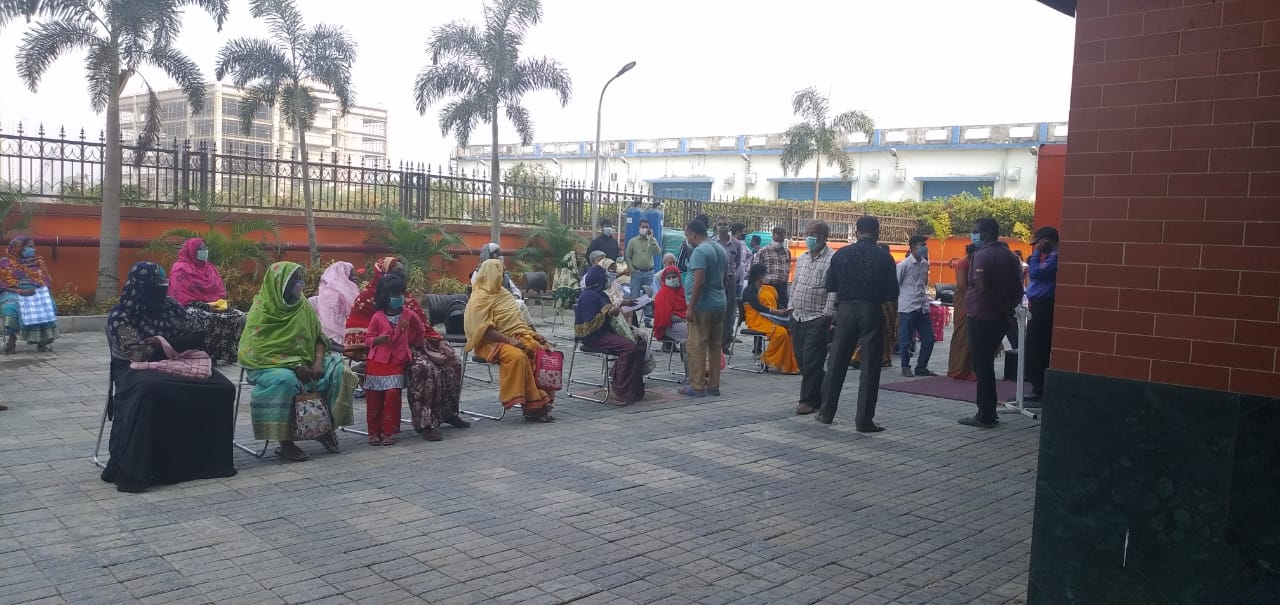Public Health Care
Public Health Care
Pradip and Kumkum Ghosh Family Foundation have been engaged for decades in the field of public health. They develop and support multi-pronged initiatives to address issues that cover both communicable and non-communicable diseases and range widely from malaria and tuberculosis to maternal and child health and mental health care.The goal is to strengthen healthcare delivery capability through a multipronged approach that includes direct implementation, institution building, partnerships and adoption of technology and innovation.
India is one of the fastest growing economies in the world, and it has taken significant strides in improving the health of its citizens over the past few decades. For instance, average life expectancy has risen from 62 years in 2000 to 68.5 years in 2016 and will improve further in 2025.The number of under-5 deaths is coming down steadily — from 91 per thousand in 2000 to 39 in 2017. Despite this significant improvement in life expectancy and child mortality rates, vast swathes of the country’s population are still vulnerable and deprived of access to good healthcare. Socio economic status, geography and gender are contributory factors to this bleak scenario.
Interventions Required in Post Covid Scenario
One of the biggest challenges to improve health is access to primary health care. In 2011, the World Bank reported an availability of 0.7 beds per 1,000 people for India. Further, according to the Indian Government’s health and family welfare statistics, a major part of available healthcare is concentrated in urban areas, leaving the rural population underserved. Exacerbating the situation is the significant gap in availability, distribution and capacities of healthcare professionals. According to World Bank data, India has a ratio of 0.7 doctors and 1.5 nurses per 1,000 people which is alarming in post-covid scenario.
The difficulty in accessing good healthcare spurs a higher incidence of diseases. This means that the rural poor tend to get sicker more often and more seriously than their urban counterparts – diseases that could have been caught at the primary stage are often in their secondary or tertiary stages before the patient even begins treatment. The cost of this secondary or tertiary treatment is often out of their means, leading to the patient and the family becoming even poorer.
Foundation’s Strategic Approach
The Trusts’ Health Portfolio focuses on improving access to, and the quality of, healthcare by addressing the lacunae in human resources and infrastructure across the continuum of patients’ health and well-being, and by adopting technology to help reach scale and long-term impact. Access to primary healthcare is key to improving India’s health parameters. As much as 80% of healthcare conditions can be addressed at the primary stage by a physician and community healthcare worker. By entering into the primary care stage of healthcare, where early detection can help with preventive or curative treatment and management of the disease, Foundation aspires to substantially decrease the load on secondary and tertiary health care facilities. Cohesive strategies play an important role in bringing about change in the system or among the community. The Foundation works with governments, government agencies and implementation partners , gram panchayats, tribals and villagers to provide multi-layered, integrated interventions such as maternal care, nutrition, water and sanitation, behavioural change communication, poverty alleviation and infrastructure support, to work towards achieving large-scale sustainable impact in the field of public health.
Mental Health Care :
India conducted its first comprehensive mental health survey in 2016. The survey places mental morbidity of individuals above 18 years of age at 10.6%. This excludes disorders that result from the use of tobacco. Translated into real numbers, this means that currently, nearly 150 million people need intervention for a mental health condition. The survey also showed lifetime population prevalence at 13.7%; severe mental disorders clock in at 1.9% with a current prevalence of 0.8%. Based on the 2011 census, this means 10 million people are currently living with severe mental illness. Of these, less than 25% receive any form of treatment. In a post covid world, Mental Health Care should be the prime focus.
Mental Health & Critical Barriers :
Severe and enduring mental disorders (SMD) contribute highly to the global burden of disability and mortality. In low and middle-income countries, SMD sufferers face impediments to their clinical and functional recovery, the protection of their human rights, social inclusion and participatory citizenship. Lack of access to appropriate health care, limited resources that result in large gaps in treatment, heightened vulnerability, social stigma and discrimination — these are only some of the obstacles faced by people suffering from mental illness. These patients also tend to have large unmet needs due to poverty, lower levels of education, and the lack of meaningful engagement and intimate relationships. A bigger problem is the severe shortage of treatment resources. Only 0.6% of India’s health budget is spent on mental health care; no data is available on what proportion of that amount is invested in long-stay hospitals. The 43 psychiatric hospitals set up nearly 100-150 years ago constitute 80% of all available psychiatric beds. Their infrastructure and standards of care are not up to the mark. Mostly, people with severe mental disorders languish in these hospitals, abandoned by family and forgotten by society. There are no clear pathways to discharge and / or successfully integrate former patients into the community, especially the women, or those abandoned by their families.
Foundation and Mental Health Care Center
Foundation initiated its work in mental health care when there was very little recognition of the burden of mental disorders, and a poor understanding of wellbeing and its impact on overall health. Foundation’s involvement goes beyond providing counselling help. Foundation aspires to work in this area through grant making, direct implementation and co-partnership strategies with government, non-government organisations and public at large. It works across the mental health care spectrum, rethinking institutional pathways of care, while at the same time developing innovative and scalable community care models. Foundations wide experience of community engagement and development means that its programmes not only include clinical care, but also look at important components such as employment, disability and psycho-social care.








